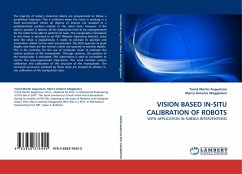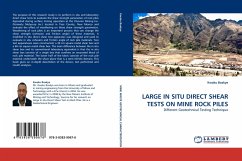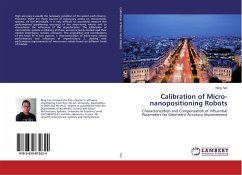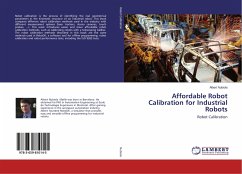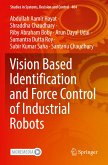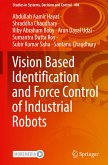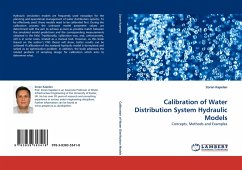The majority of today's industrial robots are programmed to follow a predefined trajectory. This is sufficient when the robot is working in a fixed environment where all objects of interest are situated in a predetermined position relative to the robot base. However, if the robot's position is altered, all the trajectories have to be reprogrammed for the robot to be able to perform its tasks. The manipulator considered in this thesis is attached to an ROV (Remote Operating Vehicle). Every time the robot is repositioned, it needs to estimate its position and orientation relative to the work environment. The ROV operates at great depths and there are few sensors which can operate at extreme depths. This is the incentive for the use of computer vision to estimate the relative position of the manipulator. Through cameras, the position of the manipulator is estimated. This information is sent to controllers to correct the pre-programmed trajectories. This work includes camera calibration and calibration of the structure of the manipulator. The increased accuracies achieved by these steps are merged to achieve in-situ calibration of the manipulator base.

